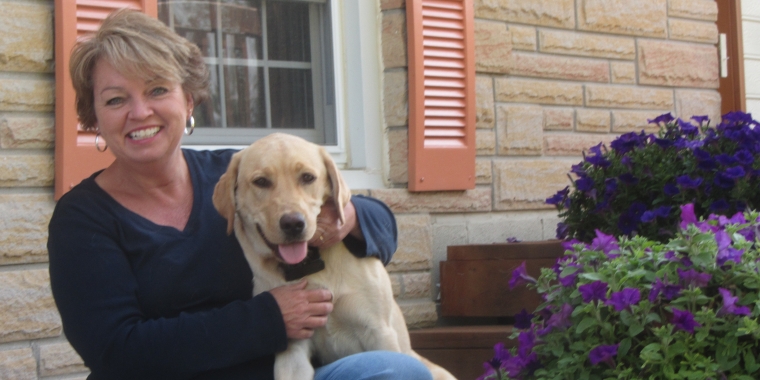
Ritchie to Host No-Cost Rabies Clinics
Patty Ritchie
September 17, 2013
-
ISSUE:
- Health

6 Free Clinics to be Held in Jefferson, St. Lawrence Counties
In an effort to prevent the spread of rabies, State Senator Patty Ritchie will host free rabies vaccination clinics in Jefferson and St. Lawrence Counties.
The clinics—which are made possible through a special grant secured by Senator Ritchie—will take place throughout the months of September and October. So far this year, St. Lawrence County has had 23 confirmed cases of rabies and Jefferson County has had five confirmed cases.
“With State health officials having found dozens of cases of wildlife rabies in Jefferson and St. Lawrence Counties in the past two years, there’s even more of a reason to protect our pets from this fatal disease” said Senator Ritchie
“For many people, pets are part of the family and I encourage all pet owners to take advantage of this excellent opportunity to safeguard their animals and stop the spread of rabies.”
The no-cost clinics are being hosted in conjunction with St. Lawrence County Public Health and Jefferson County Public Health. They will take place from 6:00 p.m. to 8:00 p.m. on the following dates:
St. Lawrence County
Thursday, September 19: Heuvelton Fire Department, 95 State St.
Thursday, September 26: Louisville Municipal Center, 14810 NYS Route 37
Thursday, October 3: 1227 Gouverneur Town Hall, 1227 US Route 11
Jefferson County
Wednesday, October 16: Adams Village Barn, 70 North Park St.
Wednesday, October 23: Town of LeRay Highway Barn, 8433 Willow St. Evans Mills
Wednesday, October 30: Alexandria Bay Village Fire Department, 110 Walton St.
Please note that all pets receiving a vaccine must be leashed or in a carrier. If available, please bring a copy of your pet’s last certificate of vaccination.
According to the CDC, rabies is a dangerous virus that is transmitted through the saliva of animals. Anyone can contract the virus if they handle or get bitten by the animal that has the disease. More than 90 percent of all rabid animals reported to the CDC each year occur in wildlife. The main animals that get rabies include raccoons, skunks, foxes and bats. However, most people are exposed to rabies due to close contact with domestic animals such as cats and dogs.
To protect yourself from rabies, health officials encourage individuals to take the following steps:
· Stay away from wild animals, especially when they are behaving strangely—and keep your pets away too
· Teach your children about rabies, so they understand the risks
· Make sure your pets’ rabies vaccinations are always up to date
· Don’t attract wild animals to your home or yard. You can do so by keeping your property free of stored bird seed or other foods that might attract wild animals. It’s also a good idea to tightly cap or put away garbage cans, board up openings in your attic, basement, porch or garage and cap your chimney with screens.
· Report all animal bites or contact with wild animals to your local health department



